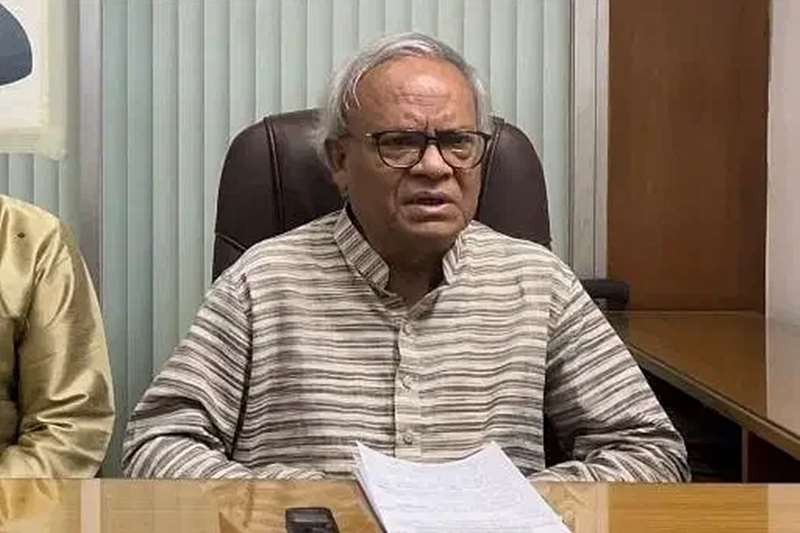How should an election campaign be?

Effective Publicity Campaigns
An effective election campaign is a multifaceted endeavour that requires strategic planning, a clear message, and a strong connection with the electorate. Publicity campaigns play a crucial role in this process. Here’s an overview of what a candidate's election campaign should typically encompass, with a focus on the role of publicity campaigns:
1. Establishing a Clear Message
Core Message: The campaign should centre around a clear, compelling message that resonates with the electorate. This message should reflect the candidate's values, policy positions, and vision for the future.
Target Audience: Identify the key demographics and tailor the message to address their concerns and aspirations.
2. Effective Publicity Campaigns
Media Coverage: Utilize traditional (TV, radio, newspapers) and new media (social media, blogs, podcasts) for coverage. Positive media coverage can significantly boost a candidate's visibility and credibility.
Social Media Strategy: Leverage social media platforms for targeted messaging, engagement, and grassroots mobilisation. Use data analytics to refine strategies and reach specific voter segments.
Advertising: Invest in both digital and traditional advertising—tailor ads to various platforms and audiences for maximum impact.
Public Relations: Craft narratives that resonate with voters and use PR activities to shape public perception positively.
3. Grassroots Mobilization and Community Engagement
Volunteer Networks: Build a strong base of volunteers for canvassing, phone banking, and event organization.
Local Events: Host town halls, rallies, and meet-and-greets to connect directly with voters.
Community Outreach: Engage with local community groups and leaders to build support and understand community-specific issues.
4. Fundraising
Diverse Revenue Streams: Utilize a mix of small individual donations, larger donors, and fundraising events.
Transparency and Compliance: Ensure all fundraising activities comply with legal requirements and maintain financial transparency.
5. Policy Development and Communication
Clear Policy Positions: Develop and communicate clear, well-researched policy positions that address key issues.
Expert Consultation: Engage with experts to refine policies and ensure they are feasible and effective.
6. Digital Campaigning
Website and Online Presence: Maintain a professional, user-friendly website with comprehensive information on the candidate's platform, events, and news.
Email Campaigns: Use email to communicate directly with supporters, providing updates and calls to action.
7. Debates and Public Speaking
Preparation: Prepare thoroughly for debates and public speaking engagements to convey competence and confidence.
Messaging Consistency: Ensure that public statements are consistent with the campaign's core message and values.
8. Responding to Opposition
Opposition Research: Understand the positions and vulnerabilities of opponents to effectively counter their arguments.
Crisis Management: Develop a rapid response strategy for dealing with negative publicity or attacks from opponents.
9. Evaluation and Adaptation
Feedback Loops: Regularly assess campaign effectiveness and adjust strategies accordingly.
Polling and Analytics: Use polling data and analytics to understand voter trends and refine tactics.
10. Legal and Ethical Considerations
Compliance with Laws: Adhere to all electoral laws and regulations.
Ethical Campaigning: Maintain high ethical standards, avoiding misinformation and negative campaigning tactics.
In summary, an election campaign should be a dynamic mix of clear messaging, effective publicity, grassroots engagement, policy clarity, and adaptability, all underpinned by a commitment to legal and ethical standards. Publicity campaigns, in particular, are vital for increasing visibility, shaping public perception, and mobilizing voters.










পাঠকের মন্তব্য